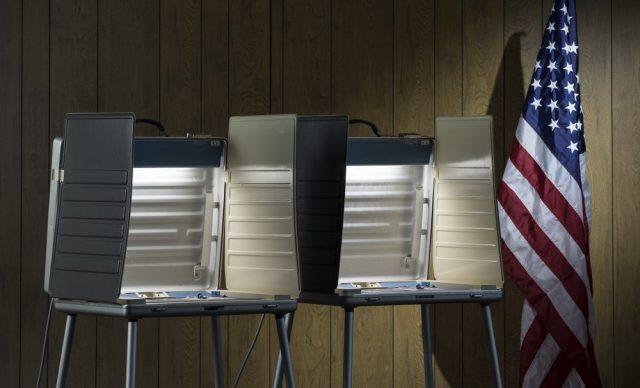
Ohio’s practice of deleting people from the state’s voter rolls was challenged as being in violation of the National Voter Rights Act (NVRA), which says that a state’s policy for removal “shall not result in the removal of the name of any person . . . by reason of the person’s failure to vote.” Ohio came under fire for a practice that included looking at whether a person voted, but the Supreme Court determined in the case of Husted v. A. Philip Randolph Institute that it did not violate NVRA.
The state’s program was really about deleting the registrations of people who had moved to a new residence (people are required to re-register at their new home). In order to determine whether a person had moved, the state sent out mailers to people who hadn’t voted in the past two years, so they can fill them out and send them back to confirm that they still live at their listed address. If they don’t return the card and don’t vote in the following four years, then they’re removed from the voter rolls.
The Sixth Circuit Court of Appeals ruled that this was a violation of the prohibition against removing someone due to their failure to vote, but the Supreme Court reversed in a 5-4 decision.
Justice Samuel Alito wrote in the Court’s opinion that federal law states that “no registrant may be removed solely by reason of a failure to vote,” which was not the case here. Ohio used failure to vote to help determine whether someone may have moved, then looked at failure to vote in the next four years in addition to voters’ failure to return a mailer. While failure to vote helped inform the state as to who may have changed address, it was not the sole basis, nor the intended reason for removing people from the voter rolls.
[Image via Burlingham/Shutterstock]